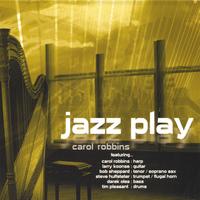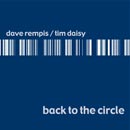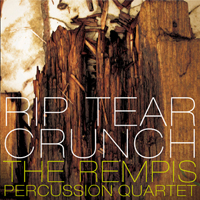A nice NYT essay. Subscription required if you follow the link. I quoted some good parts below.
Recently I heard pieces by 12 American composers at two events. The American Composers Alliance at the tiny Thalia Theater played music by people hovering around middle age or beyond. The names at the Counter)induction concert at the equally tiny Tenri Cultural Center averaged about 35.
None of these 12, I think, will ever have festivals devoted to them. Their chances of big commissions by major symphony orchestras or opera houses are equally dim. They have been, or probably will be, recorded, the making of CD’s having become such a user-friendly cottage industry. Judging by their program biographies, all seem to have first-rate musical educations and many teaching jobs.
Posterity does not beckon. There may be no entries in future music encyclopedias. Scholars will not pore over their techniques or the cultural contexts of their lives. Yet these composers are obviously devoted to their work, and to one another’s work as well. A lot of them know exactly what they are doing. How high they aspire I don’t know. I hope their aspirations are more on the order of personal satisfaction and the collegiality of fellow artists than of fame.
This may sound like a sad story, but it is not. That these concerts go on — indeed, thrive — tells us that music as an art keeps moving through time from generation to generation, from language to language and idea to idea. Such progress is usually unremarked by the serious music lover who looks to a Thomas Adès or the next grand premiere for signs of advances in music.
I suggest that it is my 12 men and women who keep music going. Any true lover of baseball will understand. We cherish the skills — indeed, the art — of players at the highest level, but we also feel that the essence of the sport is in the sandlot pickup game, or softball in Central Park. The most satisfying afternoons I have ever spent were not in Yankee Stadium but in minor-league parks in cities like Indianapolis or Richmond, Va.
Music at the highest levels is to be honored and sought after; mediocrity is no prize. But supreme talent can also be a victim of its own success. Size does matter. How many famous pianists have I heard with reputations big enough to command full houses at Carnegie or Avery Fisher Hall who would be so much more effective in spaces seating 500 or fewer? Music is a business, and if you can sell more tickets, you do. The Metropolitan Opera House is bigger than it ought to be because, economically, it has to be.
Indeed, intimacy is one of the prizes our 12 composers have won, though sometimes, I’m sure, in spite of themselves. Concerts like the recent ones at the Thalia and Tenri are invariably played by young musicians of astonishing skill and evident devotion. No one is in these kinds of events for the money. The waiving of fees is a common practice.
At Tenri loose chairs are pulled up around players in one corner of an art gallery space. Anyone who remembers the cinematic history of the Thalia will know how small it is. When I first started covering this kind of event, more than 25 years ago, I usually came away with a sense of having heard very talented people who were frustrated, forlorn and isolated. I hope I have learned better. Certainly these composers, musicians and audiences are at a distance from New York Philharmonic subscription concerts or Great Performers at Lincoln Center. But there is a community here, a kind of musical village, that is taking care of itself very nicely.
There is a quota of aspiring students at these events, a critic or two, a handful of the curious, or just plain admiring concertgoers. But more often than not, the composers and musicians onstage are being received by their colleagues sitting in the audience. A few weeks hence, perhaps in another place, the people onstage will be sitting in the audience, and the people in the audience will be up there playing.
We are still pretty well hypnotized by the big event, the international reputation and the march toward future greatness. This mentality has also caused us to misuse the word “provincial,” which now implies “limiting” when it might more constructively mean “limited.” Being limited need not mean being less sophisticated, less proficient or less intelligent. Small communities can do music’s work at a high level without management or press coverage.
I don’t pretend to understand how the Internet proliferates music as widely as it does. I do know that it is promoting many individual tastes for individual audiences. This makes the prospects for our 12 composers very promising. True greatness will always pursue universality, but it is the very good and the local that keep music’s blood circulating.
By BERNARD HOLLAND






